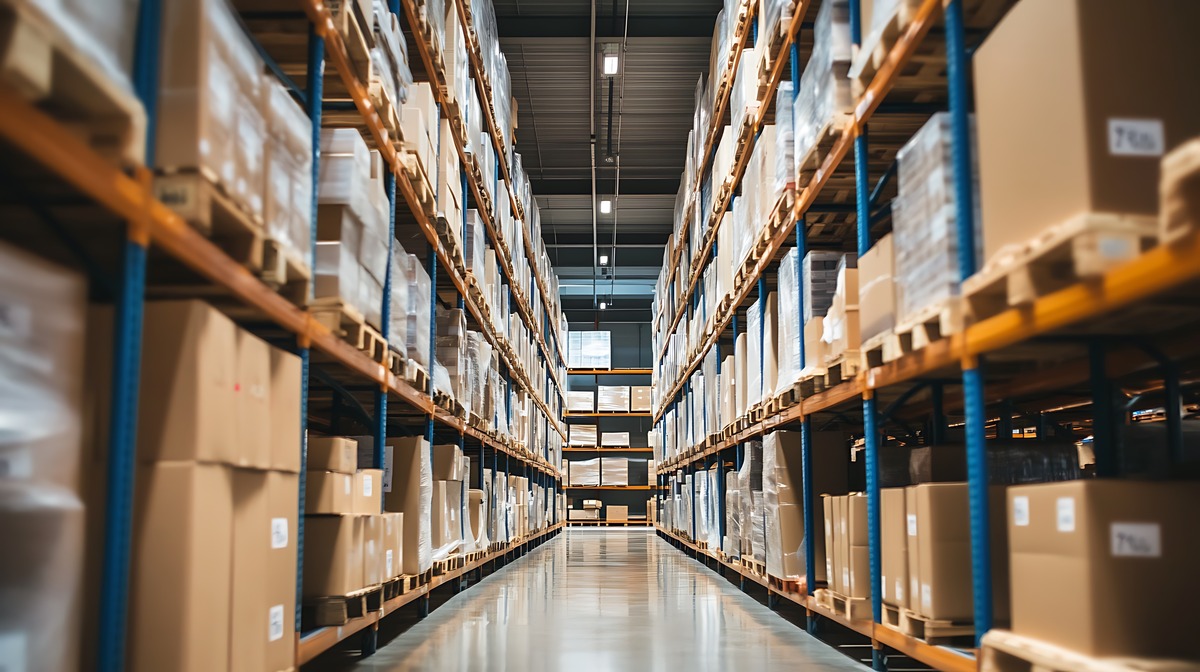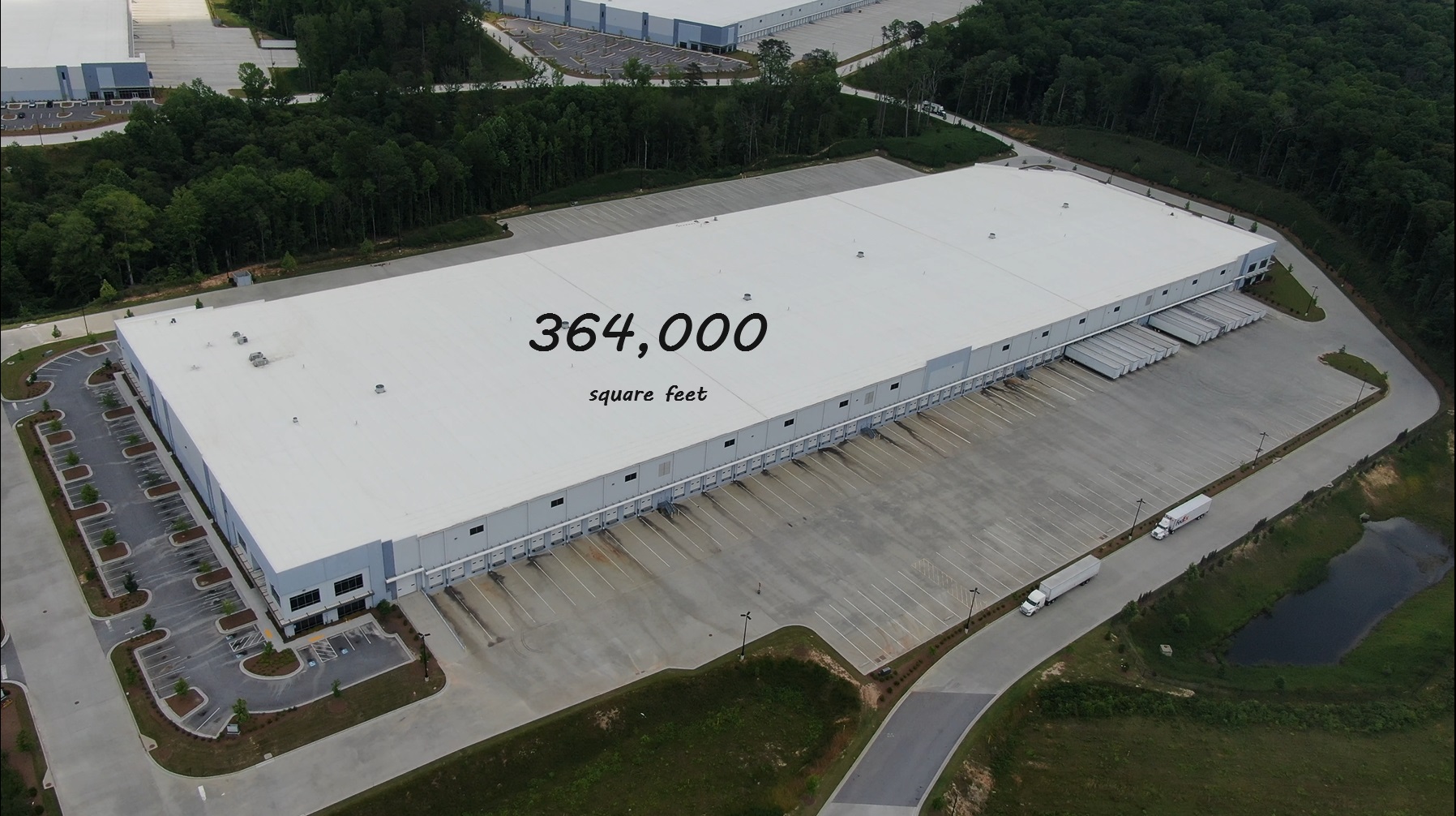Insights
FSI Insights: News, Updates & Outside the Box Thinking

Building Customer Trust Through Reliable Fulfillment
In today’s competitive landscape, customer trust is more than a nice-to-have—it’s a business necessity. It ...

FSI Celebrates 29 Years in Business
Every April 1st FSI celebrates another year in business. This year we recognized the anniversary ...

The Art of Inventory Forecasting with 3PL Support
Accurate inventory forecasting can make or break your fulfillment strategy. Discover how FSI’s 3PL ...

Quality Control in 3PL: Beyond Basic Accuracy
In the fast-paced world of third-party logistics (3PL), quality control is a strategic advantage. By ...

Cross-Platform Integration: Eliminating Data Silos in eCommerce Fulfillment
Disconnected systems create inefficiencies, delays, and inventory errors in eCommerce fulfillment. Cross-platform integration eliminates data ...

Linda Williamson Retires after 20 Years
During FSI’s 29 year history, we’ve had the pleasure of having a few employees finish ...

Scale Your eCommerce in 2025: Choosing the Right 3PL Partner
Scaling your eCommerce in 2025 requires more than increased inventory—it demands a strategic partnership with ...

Real-Time Inventory Visibility: A Game-Changer for eCommerce
Real-time inventory visibility is a game-changer for eCommerce businesses, enabling smarter decision-making, improving customer satisfaction, ...

Fulfillment Strategies International’s Christmas Party: Competing for the Ugly Sweater Title and Cash Incentives
Ah, the annual Christmas party. That magical time when our workplace transforms from a well-oiled ...

Tis the Season to Demand More From Your 3PL
Peak season magnifies every fulfillment challenge, making this the perfect time to evaluate if your ...

FSI 2024 Expansion
FSI is excited to announce another expansion in 2024! We’ve added 364,000 ft² to our ...

And the Chili Cook-Off Winner is…
For the last few years, FSI has been having an annual company-wide Tailgate Party/Chili Cook-Off. ...

